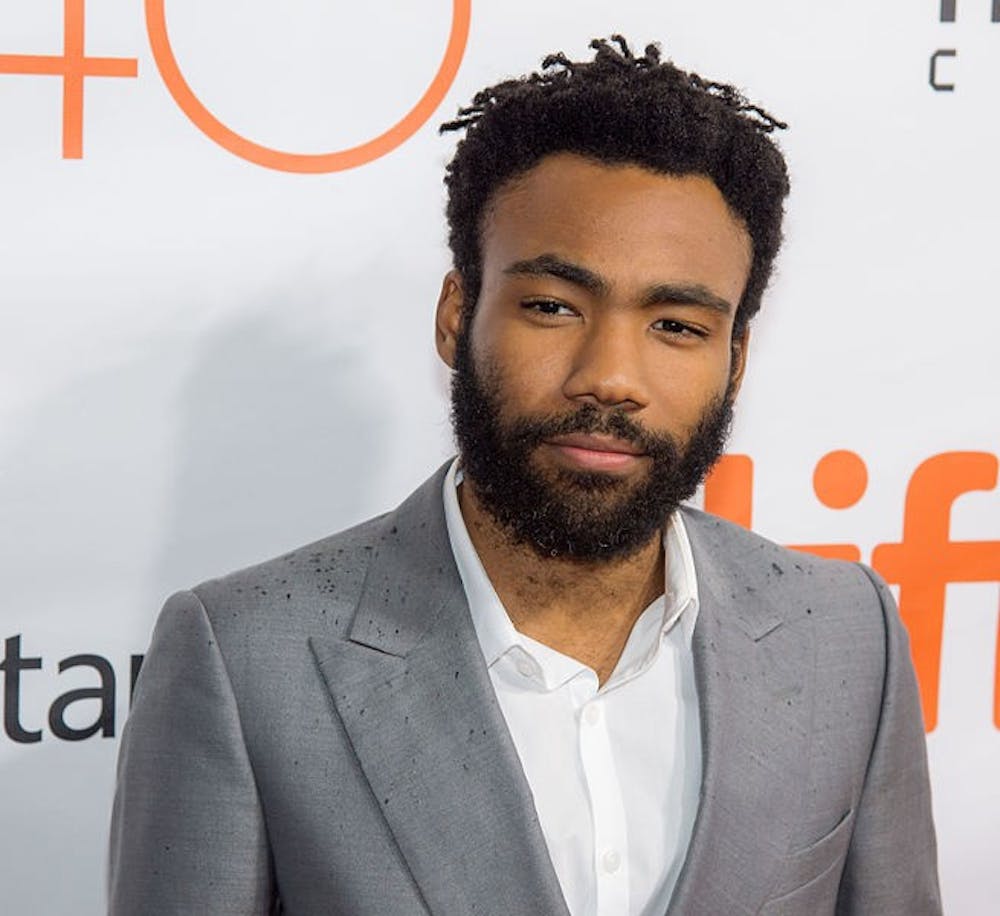This year’s Emmys were far from perfect. We had a controversial, perhaps in poor taste, appearance of Sean Spicer, Sterling K. Brown was unceremoniously cut-off in the middle of his powerful acceptance speech and, as always, some great performances were overlooked.
That said, this year’s awards show still felt like a breath of fresh air with regard to the diversity in the kinds of stories (and faces) that we’re seeing on the small screen was reflected in the nominees and winners, whom garnered the critical merit they deserve.
Riz Ahmed (also known as Riz MC of the Swet Shop Boys) became the first South Asian man to win an Emmy in an acting category (Lead Actor in a Limited Series or Movie) for his powerful performance as Nasir Khan in the nine-episode legal drama The Night Of.
In his speech he discussed the importance of recognizing that the show, while fictional, is a valuable reflection of the experiences of many Muslim Americans as well as of the often biased nature of our justice system.
“It’s always strange reaping the rewards of a story that’s based on real world suffering, but if this show has shown a light on some of the prejudice in our society, Islamophobia, some of the injustice in our justice system, then maybe that’s something,” he said.
Another well-known actor-rapper of color, Donald Glover (also known as Childish Gambino), set a precedent as the first African American to win the award for Outstanding Directing for a Comedy Series for the “B.A.N.” episode of his show Atlanta. He also took home the statue for Lead Actor in a Comedy Series.
Lena Waithe became the first African American woman to win an Emmy for Outstanding Writing for a Comedy Series for her collaboration with Aziz Ansari on his Netflix masterpiece Master of None.
Notably, the episode that won, “Thanksgiving,” was based on her personal experiences as a lesbian woman of color, and in her speech she made sure to shout-out her “LGBTQIA family,” emphasizing the value in celebrating diversity.
Sterling K. Brown became the first African American man to win Best Actor in a Drama Series in nearly two decades for his portrayal of Randall Pearson on NBC’s hit Parenthood-esque show, This Is Us.
This comes after his win at least year’s ceremony in the Outstanding Supporting Actor in a Limited Series or a Movie category for The People vs. O.J. Simpson: American Crime Story had already marked him as a talented actor whose career would be worth following.
If you haven’t already, I highly recommend you watch the video of him delivering the rest of his acceptance speech in the press room after the show. Be warned, you’re going to need some tissues, but what else would you expect from anything This Is Us adjacent?
Not only were this year’s Emmys valuable for how they challenged racial barriers but also in how they emphasized the value of female-helmed projects that explore diverse narratives of what it means to be a woman (albeit almost always a cisgendered woman, but we have to start somewhere).
Big Little Lies’ numerous wins highlighted the power of women showing up for and supporting each other in the industry; The project began when Reese Witherspoon asked Nicole Kidman to help her assure Liane Moriarty than they would do justice to Big Little Lies in the midst of a bidding war over the rights to the novel.
It’s also worth noting that through the narrative of Kidman and Alexander Skarsgård’s characters the show shed light on the complex nature of domestic violence, giving voice to the experiences of a number of women, including Moriarty herself.
Hulu’s The Handmaid’s Tale, based on the Margaret Atwood novel of the same name, tied with Big Little Lies for the most wins of the evening. It is the first original show produced by a streaming platform to win the award for Best Drama Series, which is pretty incredible when you pause to recall that 10 years ago this whole realm of the entertainment industry barely existed.
Again, the show’s numerous wins showed the power in exploring matters like what it means to be a mother, women’s reproductive rights, victim blaming and more in a nuanced way.
The mainstream and critical success of Big Little Lies and The Handmaid’s Tale prove that audiences will respond when women are given the room to serve as more than mere eye-candy.
Meanwhile, the acknowledgement of a variety of strong performances by actors, directors and writers of color, many of whose works are grounded in harsh realities we as Americans rarely like to face, showed that we truly are in a Golden Age Era of TV.
Perhaps the state of the industry is best encapsulated in a line from Brown’s speech about This Is Us creator Dan Fogelman, “In his own small special way, he’s not trying to make America great again, he’s trying to make it the best it’s ever been.”

















